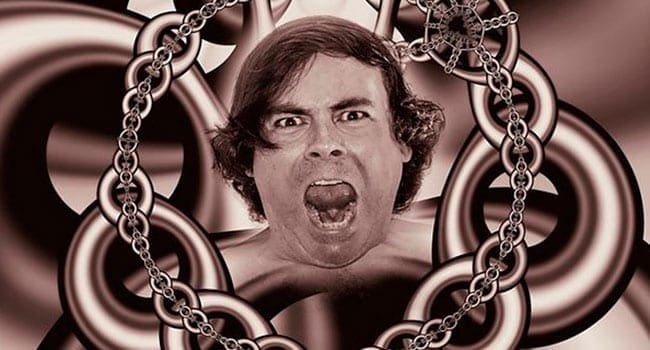 Hallucinations and delusions are the first things many people imagine when they hear about mental illness. They think of people who hear voices, see imaginary people or think they are someone they’re not.
Hallucinations and delusions are the first things many people imagine when they hear about mental illness. They think of people who hear voices, see imaginary people or think they are someone they’re not.
While hallucinations and delusions are not the hallmark of every mental illness, they can occur as a symptom of several disorders. Schizophrenia is the disorder best known for its tendency to produce psychotic symptoms, but other mental illnesses can also exhibit them.
Sometimes when a person with bipolar disorder is experiencing an extreme manic episode, he or she will experience both auditory and visual hallucinations or have delusions and paranoia. Severe depression can also cause psychotic episodes in some cases. Other mental illnesses that can exhibit psychotic symptoms include paranoid disorder and dementia in the elderly.
Psychotic episodes can occur for a variety of other reasons as well, making it important for any physician to rule out all possible causes before diagnosing a mental illness. For example, people with thyroid disorders can sometimes experience psychotic episodes.
Drug abuse also frequently causes symptoms such as hallucinations and delusions and these can last longer than the initial effects of the drug – or they can recur throughout a person’s life as ‘flashbacks’, causing significant distress and disruption to the individual’s life.
These troubling symptoms can also appear as side effects to certain prescription medications used for many illnesses. Medications such as steroids or those having an effect on the neurotransmitter dopamine in the body are known to have occasional psychotic side effects. Medications used to treat Parkinson’s disease are a good example of this phenomenon.
Parkinson’s is a disease that results from a deficiency in dopamine due to the progressive degeneration of dopamine containing cells in certain parts of the brain. In order for a person to be able to move in a smooth and coordinated fashion, there must be a balance between dopamine and another neurotransmitter called acetylcholine. In Parkinson’s disease, this balance is disrupted.
In order to treat the symptoms of Parkinson’s disease and allow the patient to continue living independently for as long as possible, drugs which increase dopamine levels are used. Side effects occur because dopamine is involved in many areas of the body.
Although a Parkinson’s patient might need dopamine in one area of the brain, it can cause an excess of the chemical in other areas as well. As a result, psychotic symptoms are common side effects of most Parkinson’s medications.
In cases such as these, a dilemma develops. Obviously, psychotic side effects are not acceptable as they severely inhibit a person’s ability to function normally and can also put that person in danger. Usually, when these side effects occur, the medication is either decreased or stopped altogether. This means that while the patient no longer suffers from psychotic episodes, he or she is also no longer receiving the needed medication to allow them to move freely and remain independent.
In many cases, antipsychotic medication that is used for mental illnesses can also be used effectively when psychotic symptoms occur for other reasons.
If you or someone you love suffers from hallucinations or delusions, speak with your doctor about possible causes and underlying disorders.
Dr. Latimer is president of Okanagan Clinical Trials and a Kelowna psychiatrist.
The views, opinions and positions expressed by columnists and contributors are the author’s alone. They do not inherently or expressly reflect the views, opinions and/or positions of our publication.


